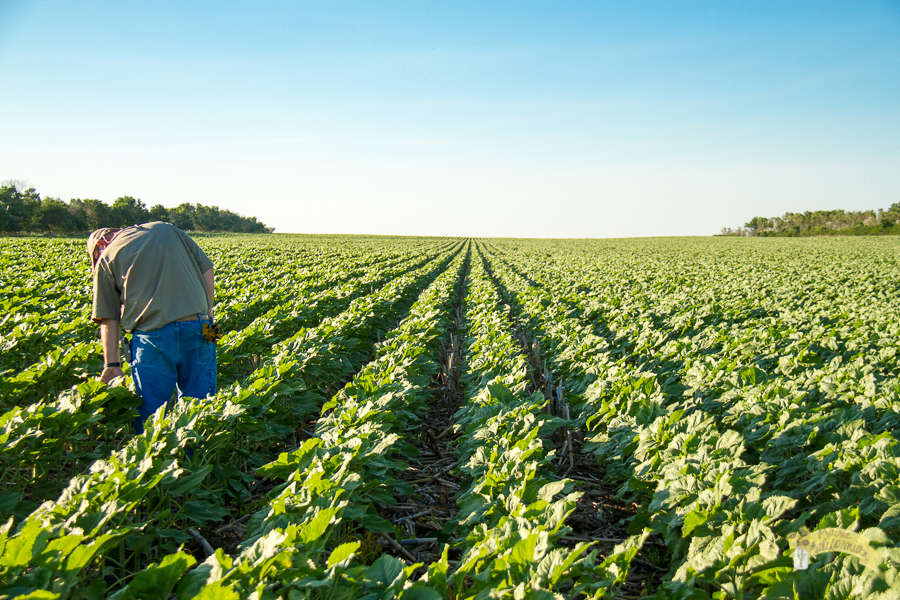
Precisely what is an agronomist?
An agronomist is a specialist who applies scientific expertise and techniques to the administration and creation of crops. Agronomists get the job done in a number of settings, from farms and ranches to government agencies and personal firms. They may additionally work in research laboratories or train at colleges and universities.
Most agronomists have at least a bachelor's degree in agronomy or perhaps a linked field, including agricultural science or soil science. Lots of agronomists also have master's degrees or doctorates. The precise nature of the agronomist's occupation is dependent upon his / her specialty and employer.
Agronomists play an important job in making certain that crops are healthier and successful. They use their knowledge of plant science to develop strategies to further improve crop yield, fight pests and diseases, and conserve water and other resources.
The position of the agronomist
is to help the whole world meet its developing food generation requirements. In accordance with the U.S. Bureau of Labor Statistics (BLS), employment for agronomists is anticipated to expand a lot quicker than typical, with openings because of progress and alternative requirements.
The work of the agronomist
is complicated and rewarding, with agronomists frequently being involved in study and training.
The schooling of the agronomist
Agronomists will need a minimum of a bachelor's degree in agronomy or read more associated field from an accredited university.
The future of agronomy
Agronomists help to make sure that the entire world's population has ample foodstuff, plus they perform to boost crop yields and lessen agriculture's effect on the natural environment. The BLS states that agronomists are in demand, but Competitiveness for Employment is likely to be strong.
Conclusion
Agronomists are focused on the read more analysis of crops, plus they do the job in many different fields, from agricultural investigation to boosting crops. Agronomists are required to make sure that crops are produced learn more for consumption, but they also help produce biofuels and various plant-based products and solutions.